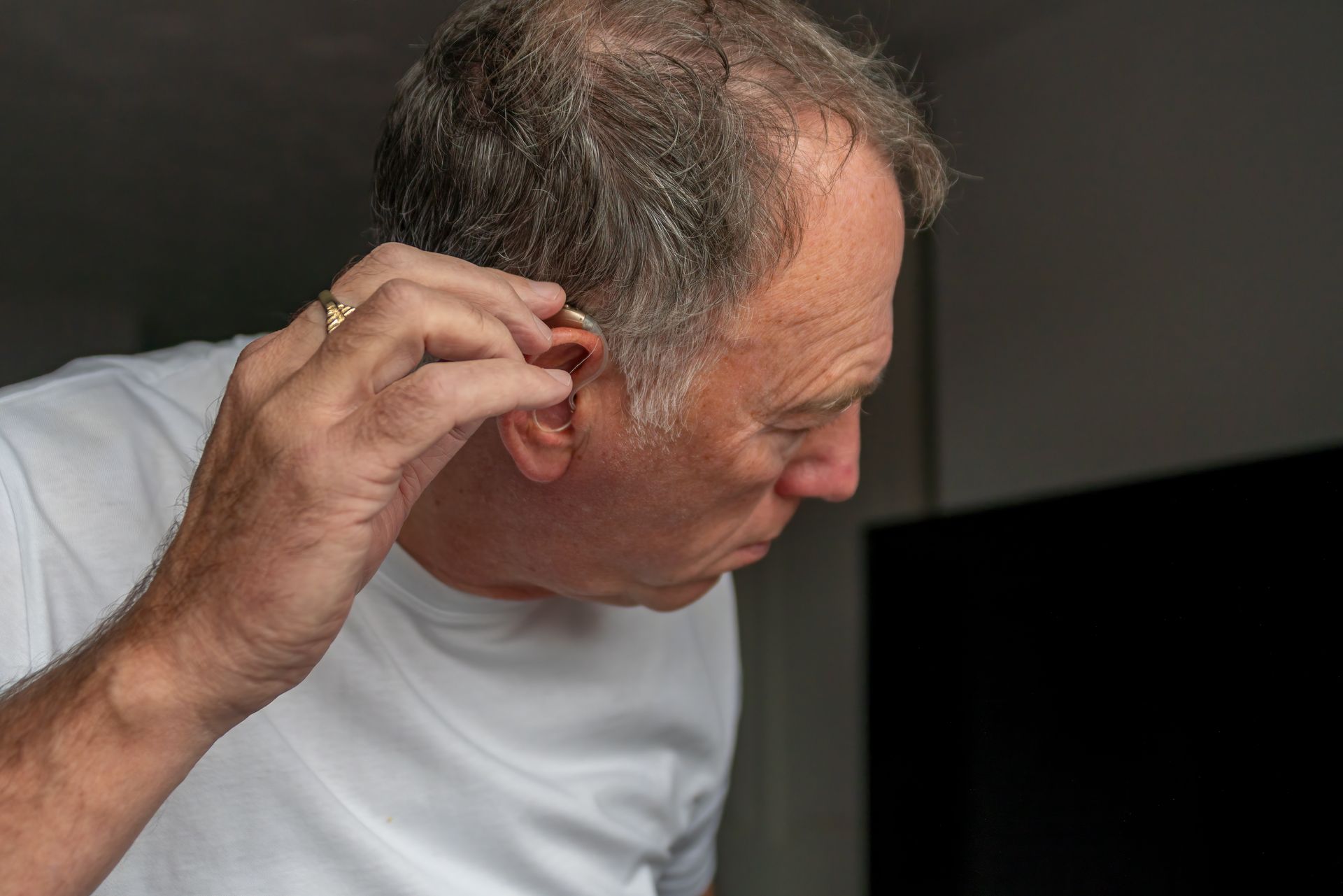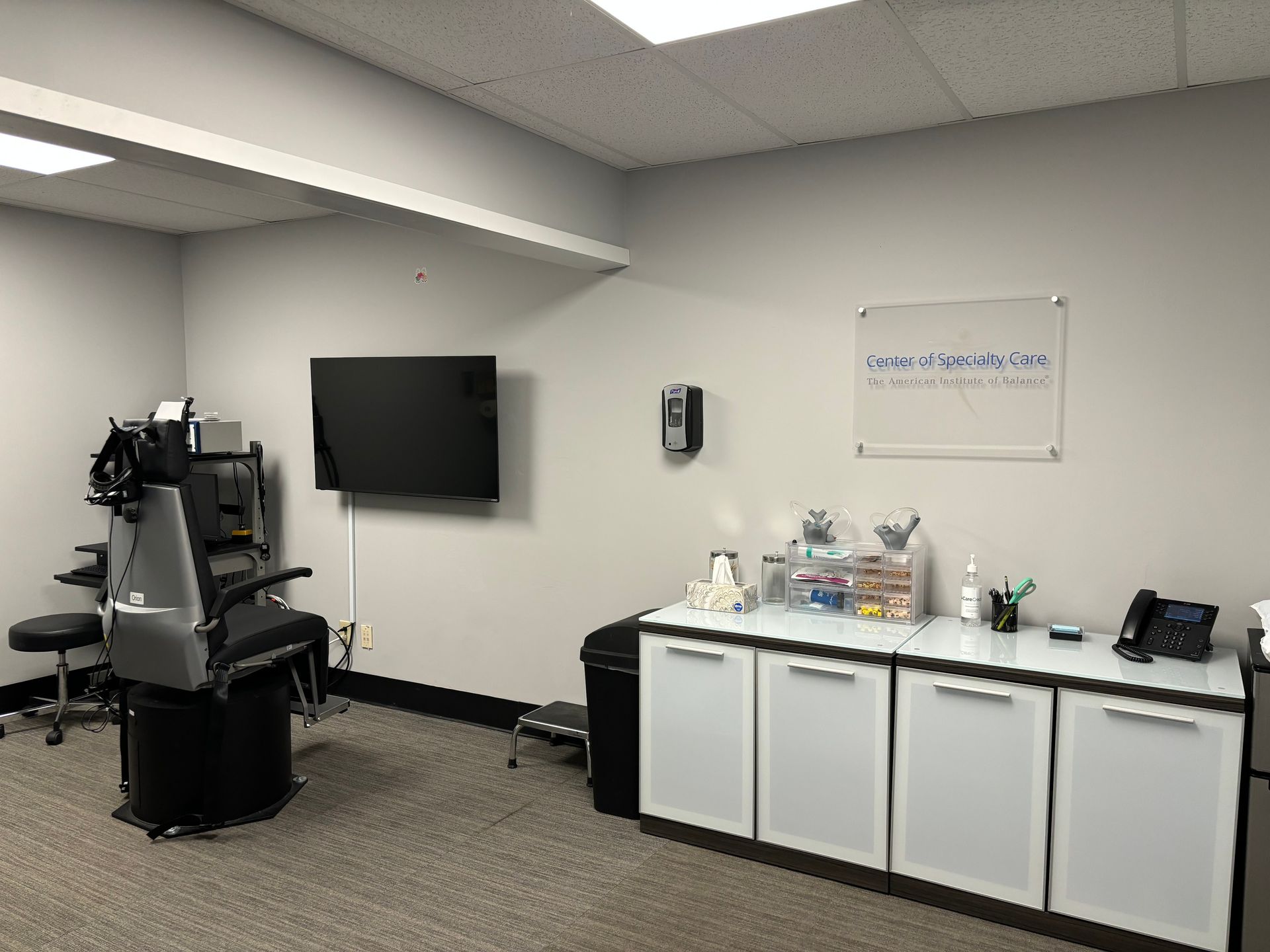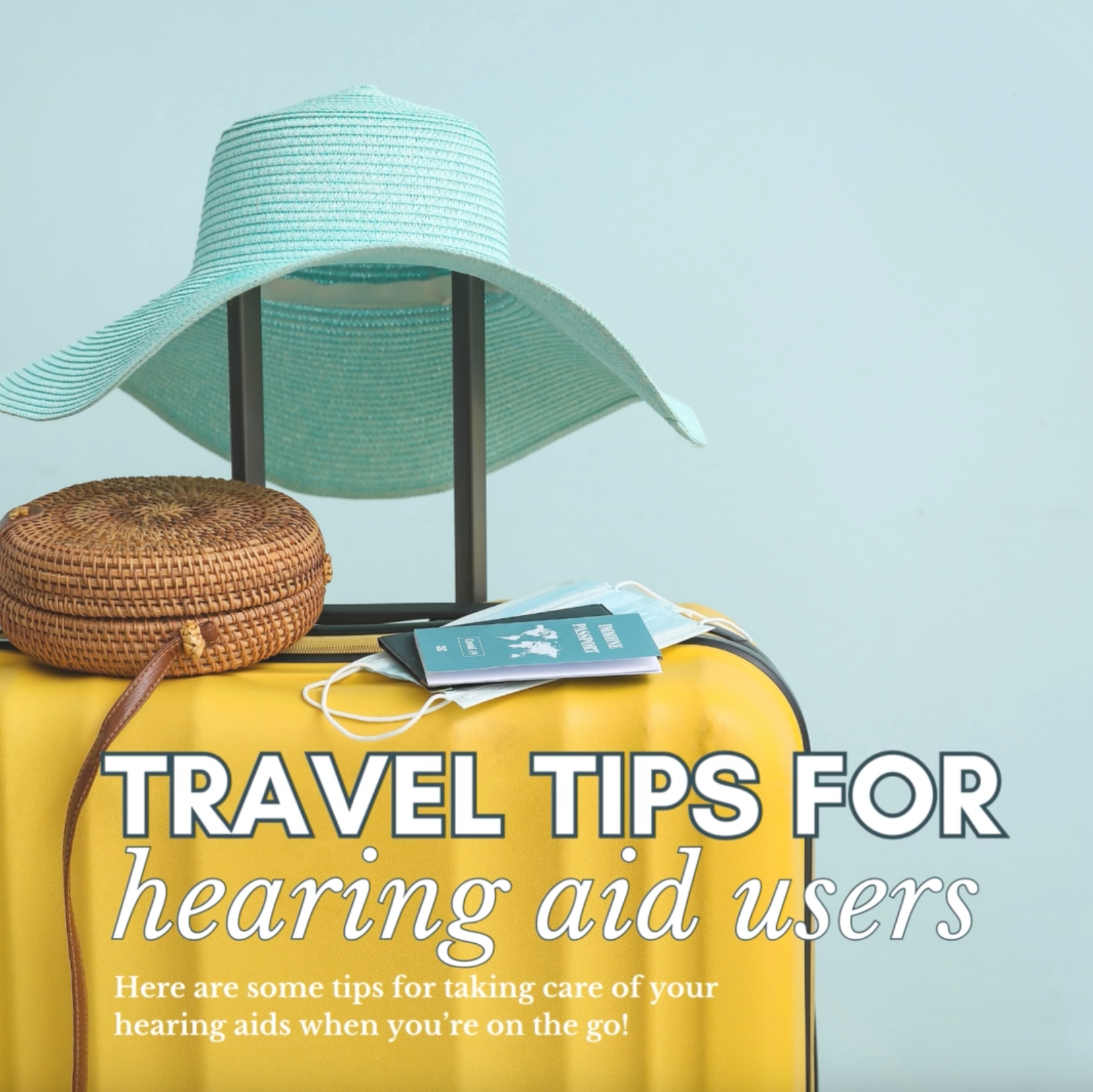What You Miss When You Travel with Untreated Hearing Loss
What You Miss When You Travel with Untreated Hearing Loss
Many of us are looking ahead and starting to plan trips for the spring and summer seasons. Maybe you’re going to take the family to Disney or head west to see the Grand Canyon. Or maybe you’re traveling to Hawaii for a beach vacation. (If so, please take us with you!!) No matter where you’re going, a vacation is always something to look forward to and enjoy!
However, if you’re living with untreated hearing loss, you may not be getting as much out of your vacations as you would like. While you might be able to see the ocean, your hearing loss might prevent you from enjoying the peaceful sound of the waves. Or, you might have a hard time hearing the important announcements at the airport or understanding someone’s thick accent. These things can make travel difficult and can cause you to miss out on important moments!
We understand that it can be difficult to confront the fact that you are living with hearing loss, especially if it’s not impacting your quality of life that much yet. But when all your senses are working together, you won’t have to miss out on all of the little things that make life wonderful — like vacations! And we think you deserve that.
Common Issues That Arise When You Travel with Untreated Hearing Loss
Issue #1 - Hearing Airport Announcements
Traveling through airports is never easy, but if you’re living with untreated hearing loss, it can be so much more difficult. Even mild hearing loss contributes to issues in understanding conversations and when you add in all the background noise that you encounter in an airport, it can be a very frustrating experience. Airport announcements are usually very important, so it’s necessary that you’re able to hear them clearly.
Luckily, most airports are now equipped with a telecoil, which allows you to tune into the airport's speaker system via your hearing aids (if they have this feature). This is especially useful when you’re sitting at your gate, and you need to hear the boarding instructions. The airport’s telecoil will transmit these announcements right into your hearing aids!
In the future, we can look forward to new Bluetooth technology that will allow any Bluetooth compatible hearing device to connect wirelessly to announcement systems and looped areas with the need for a telecoil. If you have a Cochlear Nucleus 8 processor, you already have access to this feature, but many places will not be installed with the proper equipment just yet.
Issue #2 - Navigating Your Hotel Room
Hotel rooms can be a little tricky. The phones, televisions, and alarms in your room are all set up for people who do not experience hearing loss, but that doesn’t mean it’s impossible to function and feel safe in your hotel room. Even if your hearing loss is more severe, there are accommodations that can be made so you can live comfortably in your room.
So, how do you address this? Two words: hearing loops. Some hotels offer “looped” rooms for those who wear hearing aids. A hearing loop provides a magnetic, wireless signal that can be picked up by your hearing aid when it’s on the telecoil setting. This helps eliminate unwanted background noise and it also helps the sound in the room reach the hearing aid more easily.
Issue #3 - Understanding Those with Accents
Accents can be a lot harder to understand if you are living with untreated hearing loss, especially for older individuals and especially if there is other background noise. If you’re planning to travel to a place where the people will have accents, this could become an issue. Interestingly, we have patients who tell us sometimes that they struggle to understand the PBS show Downton Abbey. This is due to the difficulty that comes with understanding accents!
Hearing and understanding people with accents comes down to two main factors: reducing background noise and amplifying the sound you’re trying to hear. Both goals can be easily accomplished with hearing aids like the ones we offer here at 4 Bridges Audiology!
Issue #4 - Enjoying the Sounds Around You
We’ve spent a lot of time talking about the more practical side of traveling with untreated hearing loss, but what about the emotional side? Vacations are a truly sacred time. After all, you spend so much time, energy, and money planning your trip and when you finally get there, you want to enjoy it fully, without any of the sacrifice or frustration that can come with untreated hearing loss.
If you are living with untreated hearing loss or have been putting off a hearing evaluation, call us now! Our hearing aids range in price, but we can tell you that they are less expensive than the average vacation. We think that’s a small price to pay when you think about the years you’ll be able to enjoy and experience life at its fullest with family and friends, on vacation and at home!
Call us today to schedule an appointment for your hearing evaluation and see what your treatment options are! 423-521-3277.











